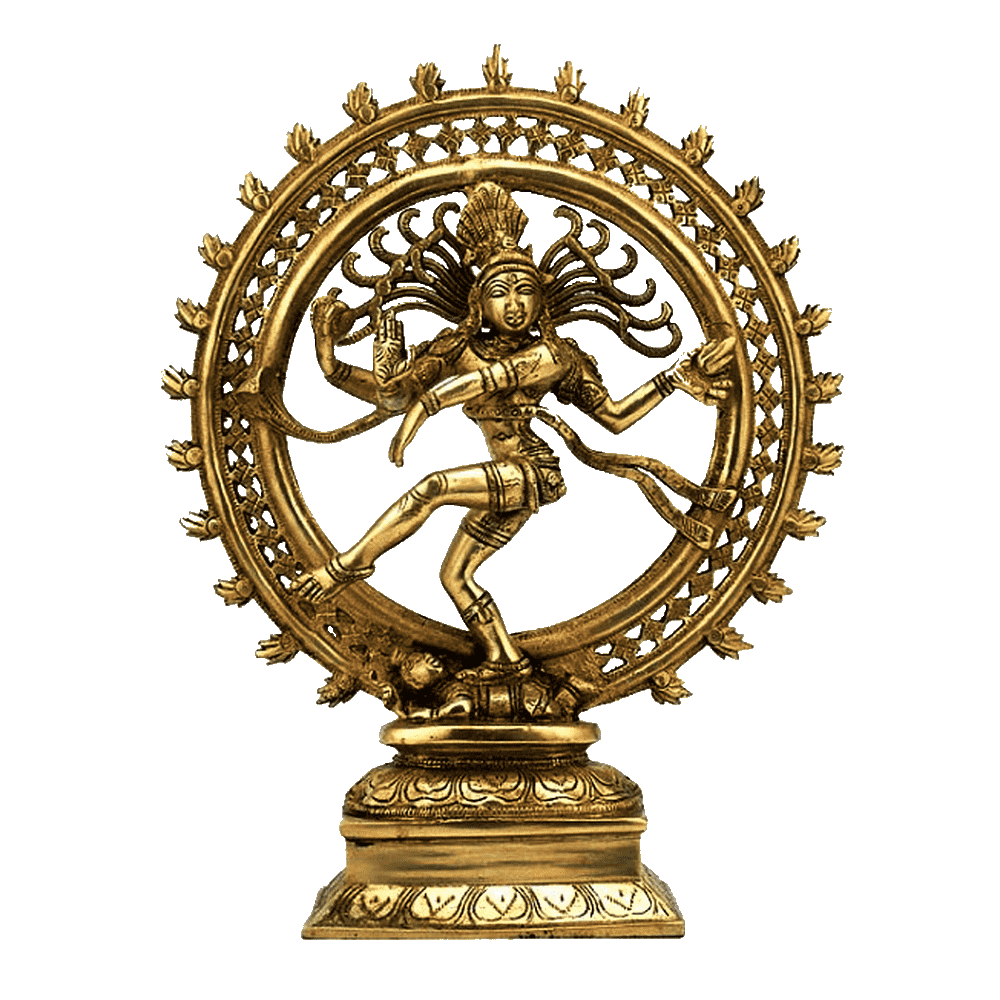
Tantrachintāmaṇi
of Navamīsiṃha
Unveiling the Secrets of Tantric Rituals and Ceremonies
Introduction:
The Tantrachintāmaṇi, authored by the renowned sage Navamīsiṃha, is a remarkable and influential text within the realm of Tantra. This profound Nibandha serves as a gateway to the sacred world of Tantric rituals and ceremonies, providing seekers with valuable insights into the esoteric practices of this ancient spiritual tradition. Navamīsiṃha’s Tantrachintāmaṇi invites aspirants to explore the transformative power of Tantric rituals and ceremonies, leading them on a path of spiritual evolution and divine realization.
Unraveling the World of Tantric Rituals:
At its core, the Tantrachintāmaṇi delves deep into the multifaceted world of Tantric rituals. Tantra, as a spiritual tradition, embraces a diverse range of practices that aim to awaken dormant spiritual energies within individuals and harness cosmic forces for personal and collective evolution.
Through the pages of the Tantrachintāmaṇi, Navamīsiṃha presents a comprehensive guide to various rituals and ceremonies, outlining the step-by-step procedures, the significance of specific symbols, and the underlying philosophy behind each practice. Aspirants are introduced to the profound symbolism and hidden meanings embedded within Tantric rituals, guiding them on their transformative journey.
Insights into Esoteric Practices:
One of the primary contributions of the Tantrachintāmaṇi is its offering of insights into the esoteric practices of Tantra. This text unveils the secrets of mantras, yantras (sacred geometrical diagrams), and mudras (symbolic hand gestures) that play a pivotal role in Tantric rituals. Aspirants learn the power of sound vibrations in invoking divine energies, the geometrical representations of cosmic energies, and the channels for directing spiritual energy.
Navamīsiṃha’s work highlights the importance of meditative practices in conjunction with rituals. Through these practices, practitioners aim to connect with the divine forces within and without, leading to profound spiritual experiences and self-realization.
Spiritual Significance:
The Tantrachintāmaṇi carries immense spiritual significance, as it provides seekers with a roadmap to explore the transformative power of Tantric rituals and ceremonies. By engaging with the practices detailed in this text, aspirants seek to elevate their consciousness, transcend the limitations of the material world, and attain union with the divine.
Tantric rituals are seen as a means of unlocking the latent spiritual potential within individuals and aligning them with the cosmic forces of the universe. Through these practices, seekers aim to experience the oneness of all existence, leading to a profound transformation and a sense of interconnectedness with the divine and the world around them.
Preservation of Ancient Wisdom:
As a scholarly work, the Tantrachintāmaṇi preserves the ancient wisdom of Tantra, ensuring that the sacred teachings and rituals are passed down through generations. Navamīsiṃha’s insights into Tantric rituals contribute to the preservation of this sacred tradition, allowing seekers in later centuries to access and benefit from this esoteric knowledge.
Conclusion:
The Tantrachintāmaṇi of Navamīsiṃha remains a timeless treasure within the realm of Tantra, offering seekers invaluable insights into the transformative power of Tantric rituals and ceremonies. By delving into the esoteric practices and hidden symbolism, aspirants are invited on a transformative journey of self-discovery and divine realization.
As an invaluable guide, the Tantrachintāmaṇi continues to inspire and empower spiritual aspirants, inviting them to explore the profound world of Tantric rituals and ceremonies. Navamīsiṃha’s legacy endures as a beacon of wisdom, guiding seekers on a sacred path of exploration and communion with the divine through the transformative power of Tantra.
Editor – Kaalchakra Team
[ Note – Before Concluding anything as a Finale, Please Go through Original Scriptures of Vaidik Literature Written in Sanskrit and Also with Meaning of That time of Language. Because English is a Limited language to Explaining the Deeper Knowledge of Vaidik Kaal. ]
